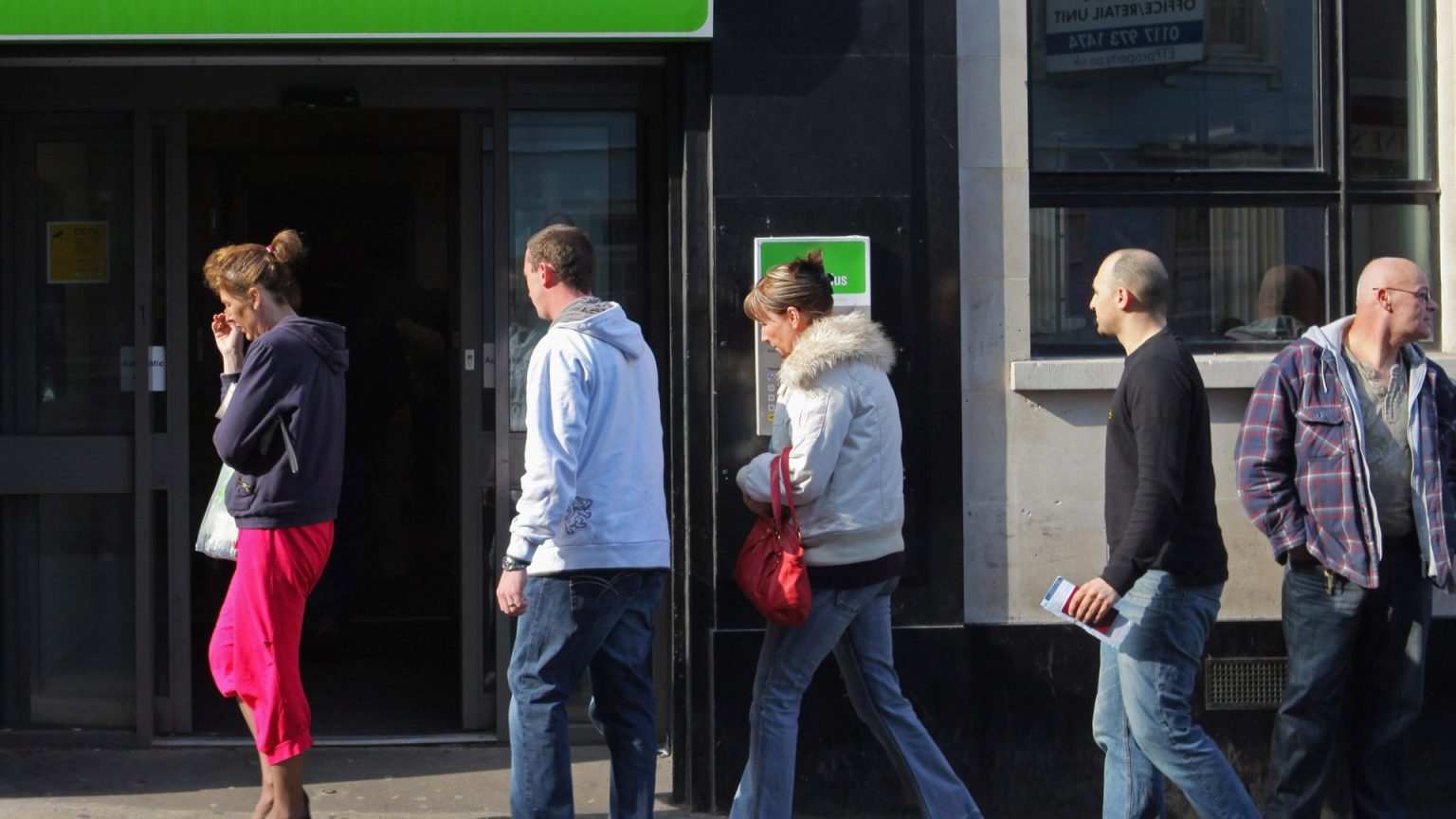The United Kingdom’s expenditure on sickness benefits has surpassed its defense budget, reaching a staggering £65 billion annually, compared to £57 billion allocated to the military. This alarming revelation underscores the immense financial strain placed on the nation’s resources by the health-related benefits system. The House of Lords Economic Affairs Committee, in its recent report, has issued a stark warning to the government, urging immediate action to address this unsustainable situation. The committee emphasizes the urgent need to rein in this escalating expenditure, which not only depletes public funds but also undermines human potential and fails to serve the intended beneficiaries effectively.
The report highlights the potential for significant savings by encouraging a return to work for the substantial number of jobless individuals currently claiming sickness benefits. An estimated 400,000 unemployed Brits could contribute to a £10 billion reduction in the benefits bill if they were to re-enter the workforce. This underscores the importance of implementing effective strategies to facilitate their transition back into employment. Such strategies should focus on skill development, job placement assistance, and addressing any underlying health concerns that may hinder their ability to work.
Central to the committee’s recommendations is a call to tighten the work capability assessment, the process used to determine an individual’s eligibility for sickness benefits. The current system has been criticized for its perceived leniency, enabling some individuals to avoid seeking employment by exaggerating their health limitations. The peers advocate for a more rigorous assessment process to ensure that only those genuinely unable to work receive benefits. This reform aims to disincentivize the exploitation of the system and encourage individuals to pursue employment opportunities whenever possible.
The current state of the sickness benefits system is reflected in the stark statistics. A staggering 3.7 million working-age Britons are presently receiving sickness benefits, marking a significant increase of 1.2 million claimants since 2020. This surge in claimants represents a troubling trend, indicating a growing reliance on sickness benefits and raising concerns about the long-term sustainability of the system. The report attributes this rise, in part, to the economic and social disruptions caused by the COVID-19 pandemic, which has exacerbated existing health issues and created new barriers to employment for many individuals.
The committee’s report emphasizes that the current system not only strains the national budget but also fails to adequately support the individuals it is designed to assist. The system often traps people in a cycle of dependence, discouraging them from seeking work and further contributing to their social and economic marginalization. A fundamental overhaul is required to transform the system from one that fosters dependency to one that promotes self-sufficiency and empowers individuals to regain their economic independence.
The government must prioritize addressing this issue by implementing the committee’s recommendations, including strengthening the work capability assessment and developing effective strategies to support individuals in returning to work. The long-term economic health of the nation hinges on the ability to create a more sustainable and effective benefits system that supports those genuinely in need while simultaneously encouraging active participation in the workforce. Failure to act decisively will only exacerbate the financial burden and perpetuate the cycle of dependency, undermining the overall well-being of both individuals and the nation as a whole. A comprehensive approach is required, addressing not only the financial aspects but also the social and health-related factors that contribute to long-term unemployment and reliance on sickness benefits.




